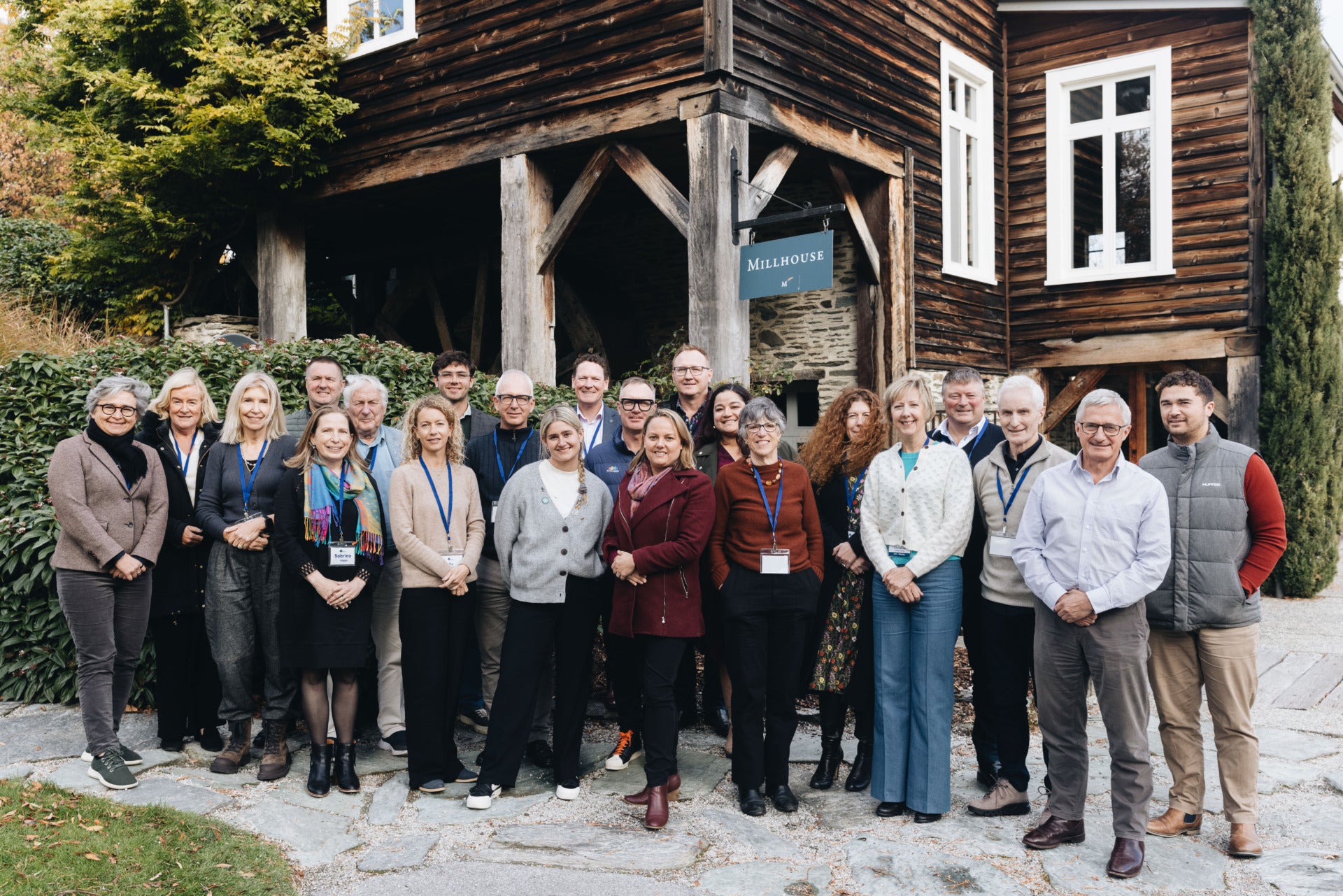It’s a development that might have been considered absurd just a few years ago: Environmental, Social, and Governance practices in business—known as “ESG” for short—have become a lightning rod for political controversy. From Congress to statehouses, ESG’s critics brand it as “woke capitalism,” a culture-war distraction from the core responsibility of businesses to generate profit. Where does that leave business leaders, many of whom who see incorporating Environmental, Social, and Governance considerations as essential to ensuring the long-term health of their companies?
That question was the heart of a discussion at Aspen Ideas Festival last week, “ESG: Where Do We Go from Here?” Aspen Institute Business and Society Program Executive Director Judy Samuelson put that question to value-driven business leaders from across the business spectrum, hosting Lata Reddy, Senior Vice President of Inclusive Solutions for Prudential Financial; Melanie Chow, Vice President of Mission and Sustainability at Danone; and John Driscoll, president of U.S. Healthcare for Walgreens Boots Alliance.
Melanie Chow began by recentering the ESG debate to one of impact, saying: “I think impact means action…The way we deliver on that is to show proof of action against our key priorities across nature, health, and communities.”
John Driscoll underscored that questions of values in business ultimately cannot be avoided, saying: “Companies are moral and social entities, they’re based on people.” This has an important ramification for where ESG is and should go. “The bigger concern I have is that ESG has been treated like a political football and is in a silo, as opposed to embraced as part of the mission of people-based organizations,” he said.
Lata Reddy of Prudential offered examples from her own practice on how companies can embody their mission as people-based organizations. Namely, by listening to employees’ lived experience and “their data-rich lives,” and incorporating these experiences into business decision-making.
As to how companies can navigate competing interests, Reddy advised focusing on purpose. “There’s a business imperative to being engaged in all of these issues. If you’re in it for the long term, inherently you’re going to be impacted by societal challenges.” Staying focused on that throughline of purpose is the key to maintaining progress while remaining above the fray of polarized discourse, she says.
It’s a point often emphasized by Samuelson in her thought leadership, and one that the Business and Society Program will no doubt explore next week as they welcome more than 150 leaders to Aspen for the Aspen ESG Summit.
Watch the full session below.

